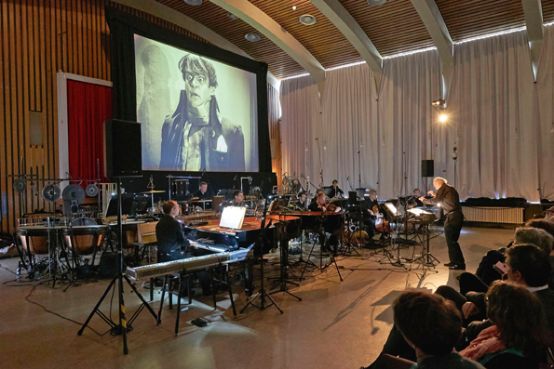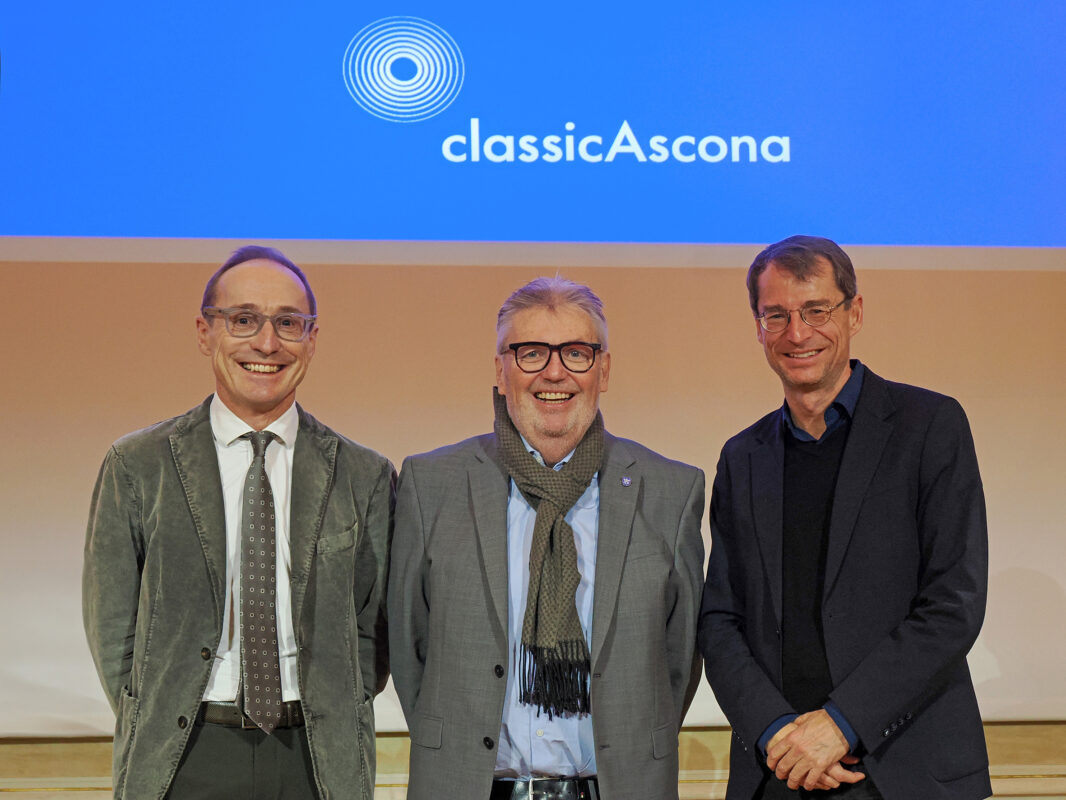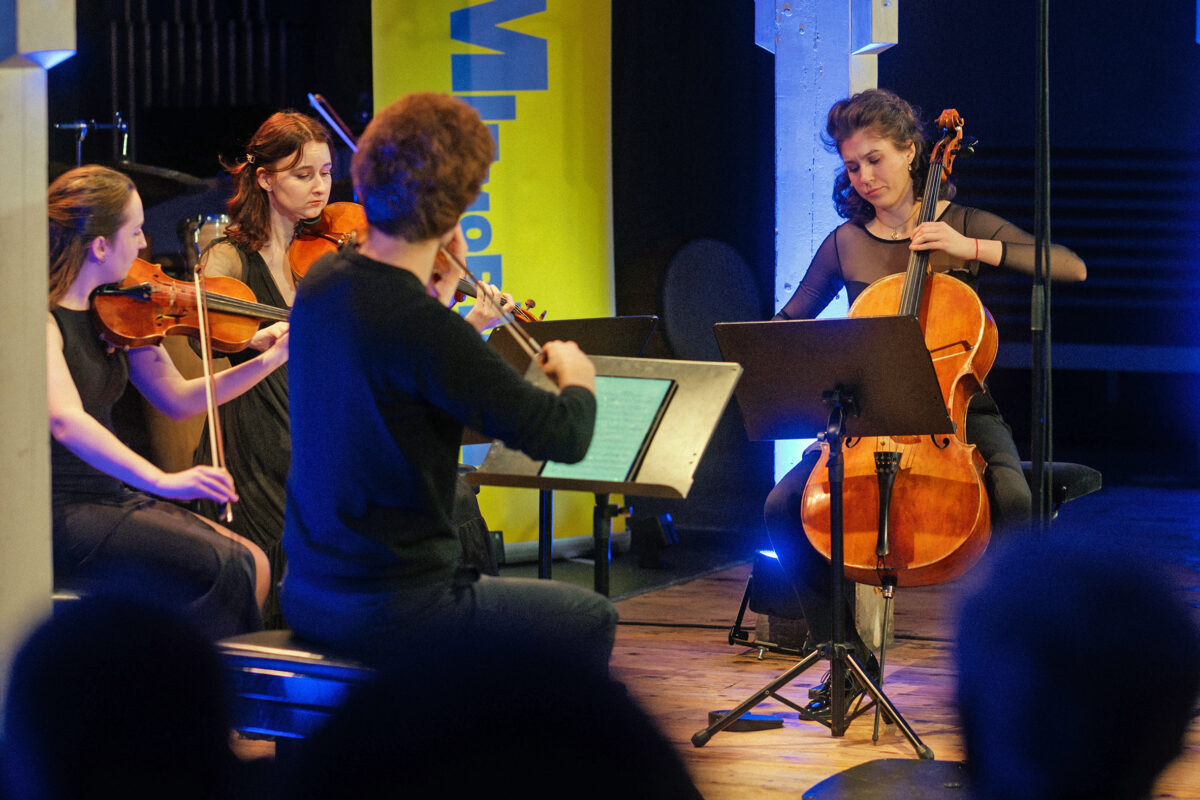Wit, power, color
At the Witten Festival for New Chamber Music, the positives outweigh the negatives. Only at the end did things go badly wrong.

There is much talk of exchange, of European culture, of the international and the global. National schools have had their day, it is said - especially in new music, which has taken up the cause of emancipation from the past. Now, in Witten: a completely different picture. Festival director Harry Vogt has a soft spot for the French. Tristan Murail was part of the last Witten editions, as were Georges Aperghis and Pascal Dusapin. Now it is Gérard Pesson, to whom Vogt offered plenty of space as part of a composer portrait, both for his electro-acoustic as well as his chamber and orchestral music. Pesson is a shrewd, imaginative composer who is not lacking in lightness. He playfully interweaves quotations from many stages of music history. He also has an unmistakable feel for colorful harmonies that flatter the ear.
Pesson's premiere of Catch Sonatawhich he wrote - nomen est omen - for the Catch trio. During the composition, he often had photos of the young performers on his desk, says Pesson in the concert. However, this particular sonata not only reveals the composer's personal, thoroughly French tone, but also a quality of interpretation that is second to none. Boglárka Pecze (clarinet), Eva Boesch (cello) and Sun-Young Nam (piano) have achieved a phenomenal standard in just a few years, which is also thanks to music academies that are finally devoting more attention to the 20th and 21st centuries.
Subordination instead of superordination
New music also means searching for other "formats" and for composers who have not yet become dizzy in the European festival carousel. During these Witten days, a silent film by the German director Arthur Robison called Shadow. Johannes Kalitzke wrote a new score for the 1923 film. Kalitzke's sounds are full-bodied, but do not push themselves to the fore. He doubles some of the events in the film with a wink, such as a passage where three salon musicians raise their instruments and at that very moment strange melodies from the 19th century are heard. Such "striking" things make the specialist audience shake their heads. However, the episodes clearly show that Kalitzke is consciously following film music traditions and does not juxtapose the amusing run-of-the-mill plot of jealousy and love with anything overly complex.
There was a preponderance of positives in this Witten vintage. In the face of such stupendously dense power as in Enno Poppe's string quartet Book the failure of younger composers is easy to get over. Birke Bertelsmeier, a former pupil of Wolfgang Rihm, was asked to write a solo piece for the established violist Tabea Zimmermann. She did so in the form of a three-movement From head through head to headwhich gets badly bogged down between powerless repetitions and strangely folkloristic-virtuoso attitudes. Similarly enervating is an ensemble piece by 28-year-old composer Malte Giesen, who studied for a time with Gérard Pesson. Completely disparate parts and ugly synthesizer sounds are strung together without obligation. This may be the result of a concept. But little sticks in the mind.
Weak point orchestra
More worrying than the - sometimes necessary - failure of the newcomers was the festival's finale. Rarely has an orchestra performed as stale, as demonstratively listless as the WDR Symphony Orchestra Cologne, conducted by Emilio Pomàrico. The Pastoral by Gérard Pesson thirsts for French esprit and accuracy. What is there is not even good German work, but wooden clattering, not only in delicate pizzicati, mind you. All of this sounds in a bland, continuous mezzoforte, which owes itself to both the sluggishness and the obvious excessive demands of the musicians. At the latest when the tuba player's large mute accidentally but loudly rolls across the stage, the question of a lack of professionalism is raised. This orchestral concert will have a bitter after-effect, one hears. Does it have to be? Yes, it has to.








